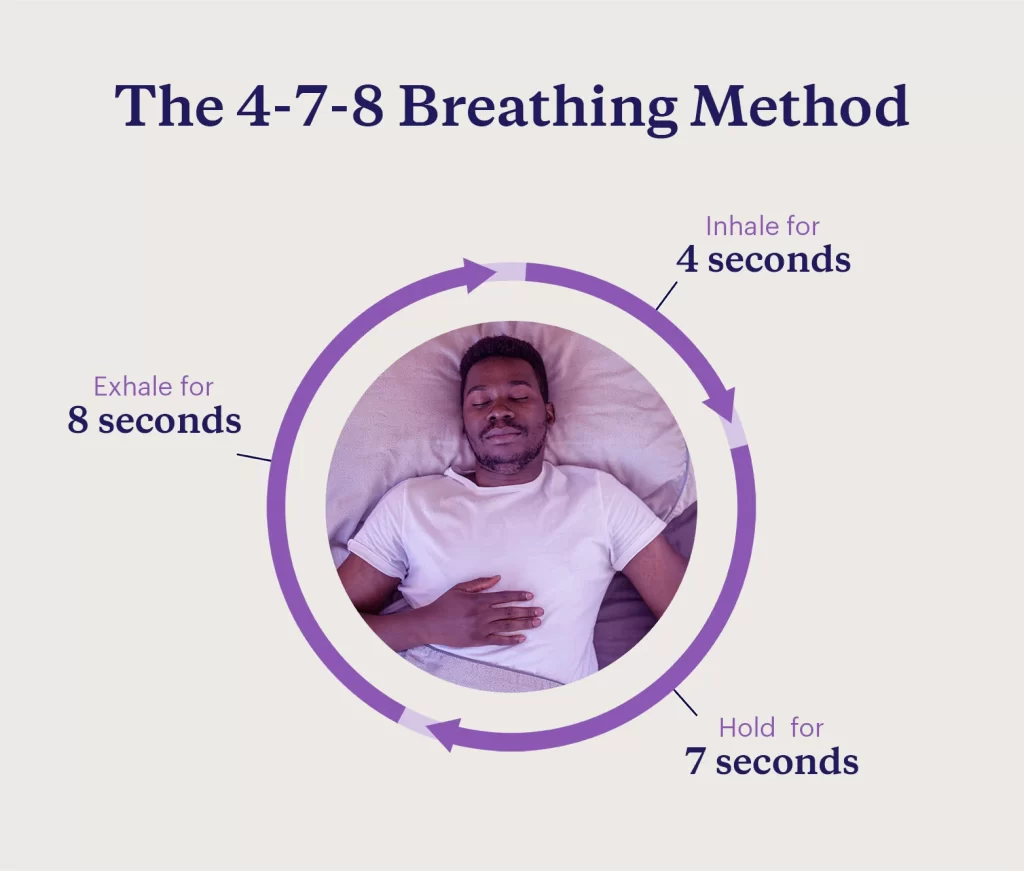Scientifically Proven Ways to Fall Asleep Faster

Avoid alcohol in the evening.
This may be a tall order this time of year because of holiday events and parties. Though it may seem easier to fall asleep after drinking alcohol, it actually tends to interrupt sleep patterns throughout the night. With just a few alcoholic drinks, people can experience agitated or disrupted sleep. Additionally, alcohol can block the REM phase. Which is key to feeling rested in the morning. For a better night, try switching to an alcohol- and caffeine-free beverage like chamomile, which has tranquilizing antioxidants that decrease anxiety and help initiate sleep.
Consider a new mattress.
The average lifespan for a mattress is 7 to 10 years. Beyond this, you will start to notice that the bed does not provide the same support for your body as it did when it was new. Over time, it is normal for mattresses to lose firmness and become deformed and saggy in the middle. This can make it uncomfortable and cause issues with spinal alignment that lead to neck and back pain. So, if you find yourself tossing and turning at night, or waking up with pain, it may be time to replace your mattress. Be sure to find the best bed and pillow that work with your preferred sleeping position.
Take a warm bath or shower before bedtime.
Body temperature is an important factor in sleep quality. Try warming your body by taking a hot bath or shower then lowering the temperature in your bedroom. Because the natural sleep pattern is partially triggered by a lower core temperature, this can facilitate that drop. Plus, the warm water can help relax your body as you prepare for sleep.
Listen to relaxing music or white noise.
When your goal is to get to sleep faster, it is crucial to think about all five senses. Research has found that adults who listen to 45 minutes of สมัคร ufabet กับเรา รับโบนัสทันที relaxing music before going to bed get to sleep faster, sleep longer, wake up less frequently at night, and wake up feeling more rested. This is in comparison to nights when they do not listen to music. Slow instrumental and classical music are recommended even for people who suffer from insomnia and it also seems to help reduce depression.